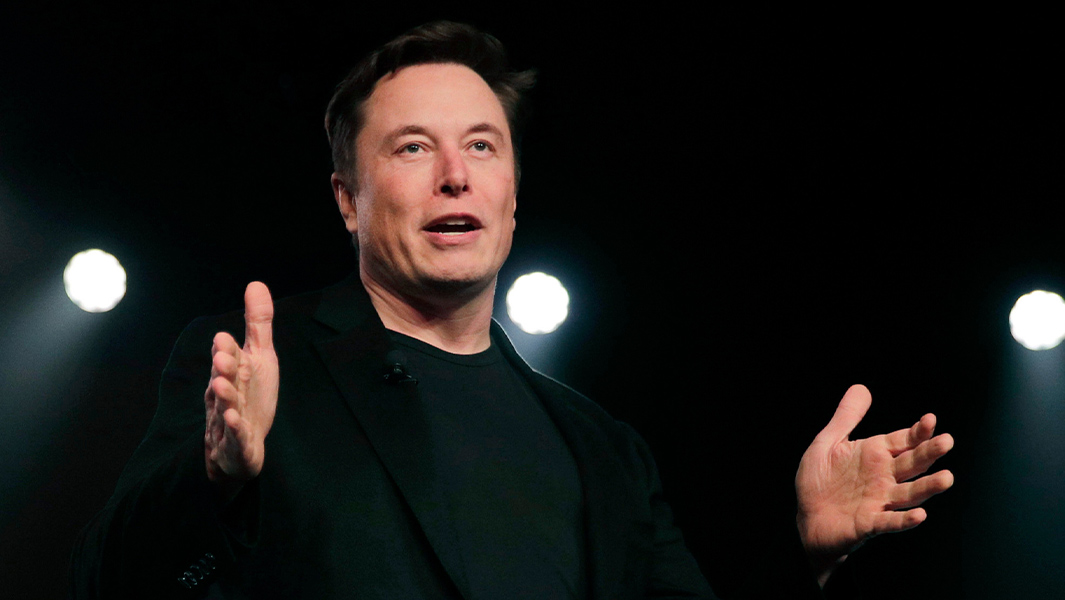Elon Musk suffers worst loss of fortune in history amid “market madness”

Elon Musk (South Africa) has officially broken the world record for the largest loss of personal fortune in history.
He has lost approximately $182 billion (£153 bn; €173 bn) since November 2021, as estimated by Forbes, although other sources suggest that it could actually be closer to $200 billion.
Although the exact figure is almost impossible to ascertain, Musk’s total losses far surpass the previous record of $58.6 billion, set by Japanese tech investor Masayoshi Son in 2000.
According to Forbes, Musk’s net worth dropped from a peak of $320 billion in 2021 to $138 billion as of 6 January 2023, largely due to the poor performance of Tesla’s stock.
“Long-term fundamentals are extremely strong. Short-term market madness is unpredictable,” Musk tweeted after the market closed for the year on 30 December 2022.
Musk's misfortunes also saw him lose his status as the world’s richest person to Bernard Arnault (France), founder of luxury goods conglomerate LVMH (Louis Vuitton Moët Hennessy), who has an estimated net worth of $190 billion (£156B; €177B).

The majority of Elon Musk’s fortune is tied up in Tesla stock, the value of which plummeted 65% in 2022.
This alarming decline accelerated in October after Musk bought Twitter for roughly $44 billion (£38.1 bn).
The tumultuous takeover, coupled with Musk’s polarizing behaviour on the platform, sparked the biggest Tesla stock sell-off since the company went public in 2010.
Despite the plunge in prosperity, Tesla remain the most valuable car company in the world, with a market cap over $100 billion larger than their closest competitor, Toyota.
And don’t worry, even though Musk has lost more money than any human in history, he won't be going hungry any time soon - he’s still the world’s second-richest person.
Elon also still seems to be in high spirits; he in fact recently flew to Qatar where he was able to watch Messi lift the World Cup trophy.
At World Cup right now pic.twitter.com/CG7zMMxSjE
— Elon Musk (@elonmusk) December 18, 2022
The net worth of billionaires is much more volatile and variable than the net worth of someone who earns an average income.
This is because the bulk of a billionaire’s fortune typically takes the form of shares and investments. As the market valuation of these investments fluctuates, so too does their owner’s apparent wealth.
This is doubly true of ‘self-made’ billionaires such as Musk or former record-holder Masayoshi Son because their net worth is usually derived almost entirely from the market valuation of the company they founded (although Musk wasn’t actually an original founder of Tesla; he was an early investor).
If their company’s share price tumbles, so does their net worth.
If I dig my grave deep enough, maybe it comes out other side of Earth 🤔
— Elon Musk (@elonmusk) January 5, 2023
In the case of Masayoshi Son, whose net worth declined from a peak of $78 billion in February 2000 to $19.4 billion in July of the same year, the value of his tech conglomerate, Softbank, was wiped out by the dot-com crash.
In 2000 the situation at Softbank was so volatile that Son’s net worth sometimes shifted by as much as $5 billion in a day.
Fortunately for Masayoshi Son, Softbank would go from strength to strength in the following years, acquiring several US & British tech companies.
As Elon Musk continues to build his own tech conglomerate, we won’t be surprised to see him bounce back too at some point in the future.


